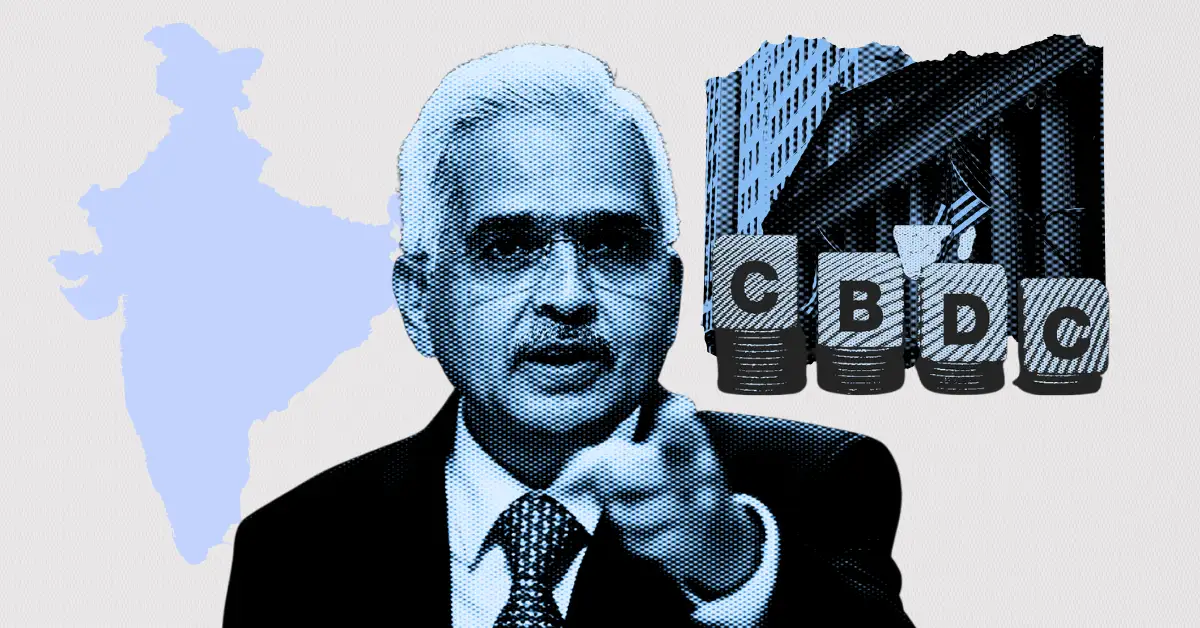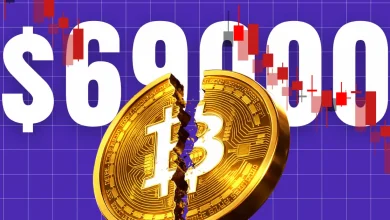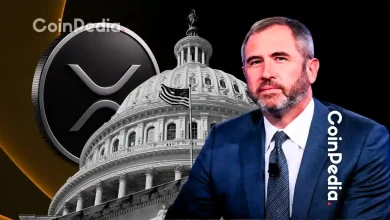
RBI warns cryptocurrencies and stablecoins pose huge risk to India’s financial stability and policy.
Deputy Governor says unbacked crypto lacks intrinsic value and stablecoins create policy concerns today.
RBI supports India’s CBDC as safer option, keeping currency control within the central bank.
The Reserve Bank of India (RBI) Governor, Sanjay Malhotra, has issued a strong public warning against the rising adoption of cryptocurrencies and stablecoins in India, citing their “huge risk” to national financial stability and monetary policy, if not handled carefully.
While the US is planning to make Bitcoin a strategic reserve, India is choosing a slow and cautious approach, and the reason is simple, safety first.
Why RBI Sees Crypto & Stablecoin as a Risk?
In a recent memorial lecture at the Delhi School of Economics, the RBI Governor warned that private digital assets, including crypto and dollar-backed stablecoins, can affect the financial stability of countries.
According to economists, if people start using dollar-based stablecoins widely, it might weaken the power of local currencies and influence global monetary policies in ways India cannot control.
If too many people choose digital dollars instead of the Indian rupee, it could create serious challenges in the future.
RBI Deputy Governor T. Rabi Sankar added to these concerns. He said unbacked cryptocurrencies have no real value, and even stablecoins backed by assets can still reduce a country’s monetary power. According to him, they could lead to policy problems that are “best avoided.”
RBI Prefers CBDC Over Private Stablecoins
Despite its concerns about private crypto, the RBI is not against digital money itself. In fact, it strongly supports India’s own Central Bank Digital Currency (CBDC), a digital version of the rupee.
For RBI, CBDC is the safer and smarter path because:
- It is fully controlled by the central bank
- It does not depend on foreign currencies
- It keeps financial power inside the country
In public forums, such as the recent International Monetary Fund and World Bank meetings, Malhotra has called on other nations’ central banks to prioritize CBDCs rather than stablecoins for cross-border payments, citing better control over policy and financial integrity.
Who Will Make the Final Decision?
Even though RBI is sharing strong warnings, the final call will not be taken by RBI alone. The government will decide the rules for crypto in India after more discussions with financial experts.
Right now, RBI’s message is clear, move carefully, avoid risks, and protect people from possible financial shocks.
Never Miss a Beat in the Crypto World!
Stay ahead with breaking news, expert analysis, and real-time updates on the latest trends in Bitcoin, altcoins, DeFi, NFTs, and more.
FAQs
RBI warns that crypto and stablecoins can threaten financial stability and weaken India’s monetary control if widely adopted.
RBI supports the Central Bank Digital Currency as safe, fully controlled, and strengthens India’s financial sovereignty.
Yes. Wide use of crypto or dollar-backed stablecoins can limit RBI’s control over currency and financial policy.
Trust with CoinPedia:
CoinPedia has been delivering accurate and timely cryptocurrency and blockchain updates since 2017. All content is created by our expert panel of analysts and journalists, following strict Editorial Guidelines based on E-E-A-T (Experience, Expertise, Authoritativeness, Trustworthiness). Every article is fact-checked against reputable sources to ensure accuracy, transparency, and reliability. Our review policy guarantees unbiased evaluations when recommending exchanges, platforms, or tools. We strive to provide timely updates about everything crypto & blockchain, right from startups to industry majors.
Investment Disclaimer:
All opinions and insights shared represent the author's own views on current market conditions. Please do your own research before making investment decisions. Neither the writer nor the publication assumes responsibility for your financial choices.
Sponsored and Advertisements:
Sponsored content and affiliate links may appear on our site. Advertisements are marked clearly, and our editorial content remains entirely independent from our ad partners.



![XRP Community Day [Live] Updates](https://image.coinpedia.org/wp-content/uploads/2026/02/05161327/XRP-Price-Drops-10-as-Leverage-Dries-Up-and-Whale-Activity-Remains-Absent-390x220.webp)




